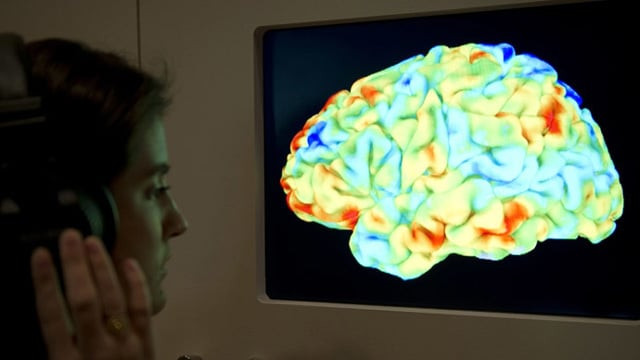Brain activity continues 10 minutes after death: study
The case was described by doctors as 'extraordinary' and 'unexplained'

PHOTO: AFP
Canadian doctors in intensive care unit observed that activity in a person's brain seemed to continue even after their heart stopped. The brain waves they experienced were similar to those we normally get during deep sleep.
Male brains 'overwhelmed' in multitasking test: study
The case was described by doctors as 'extraordinary' and 'unexplained'.
Four people were observed for this study, of which only one exhibited mysterious brain activity. Activity in most patients died off as soon as their heart stopped beating.
However, there was significant difference in electrical activity in the brain in all four subjects after they were clinically dead, creating further mystery as to what happens in our brains when we die.
While researchers say it's difficult to draw any conclusions from such a small sample, they clarify that it is difficult to think activity was recorded because of a mistake as their equipment was functioning perfectly.
The study which was published in the Canadian Journal of Neurological Sciences now raises ethical problems as to when it is appropriate to remove donor organs in patients who appear to have died.
This story first appeared in The Independent.



















COMMENTS
Comments are moderated and generally will be posted if they are on-topic and not abusive.
For more information, please see our Comments FAQ